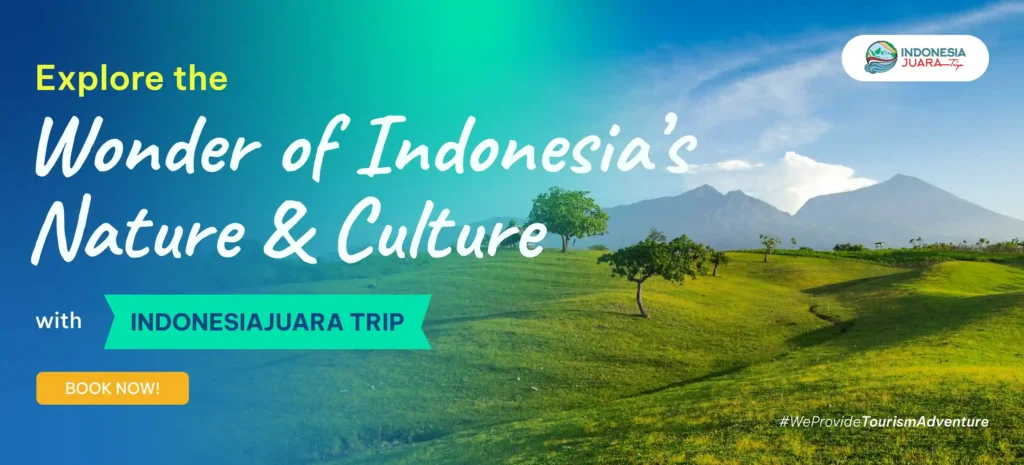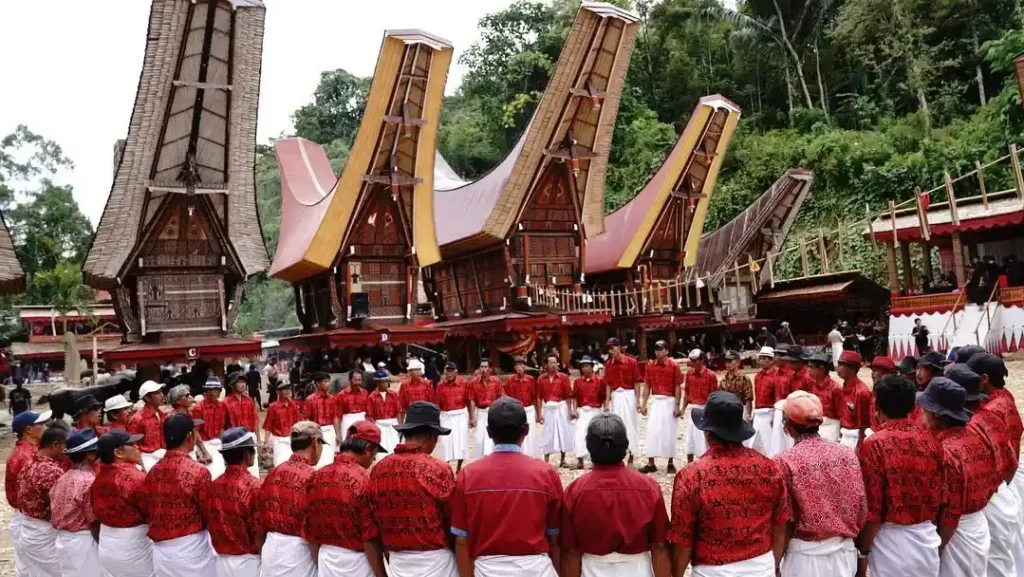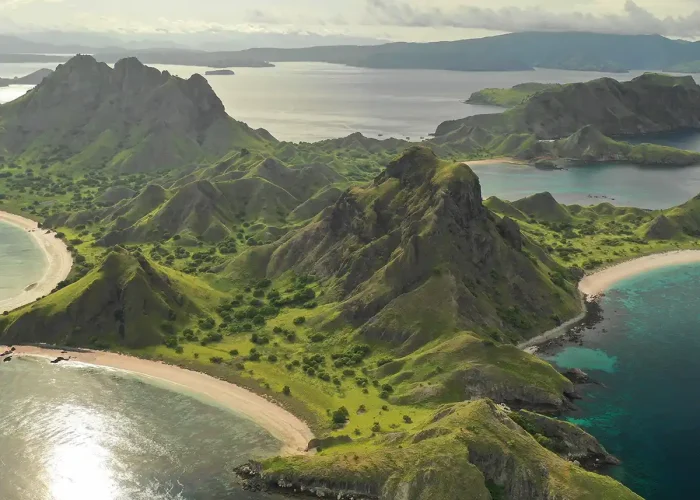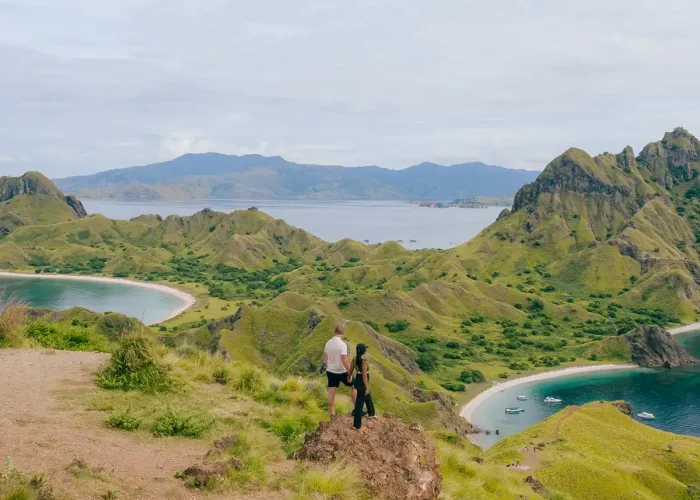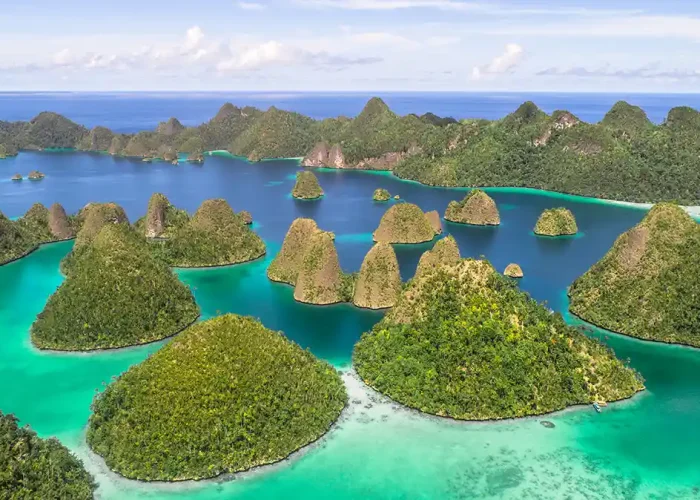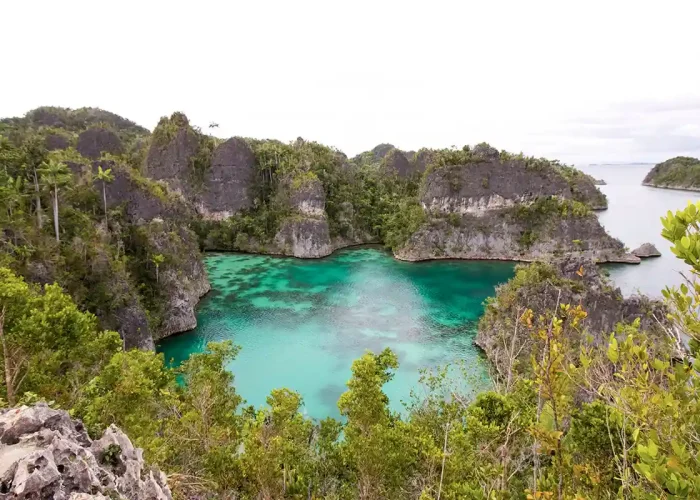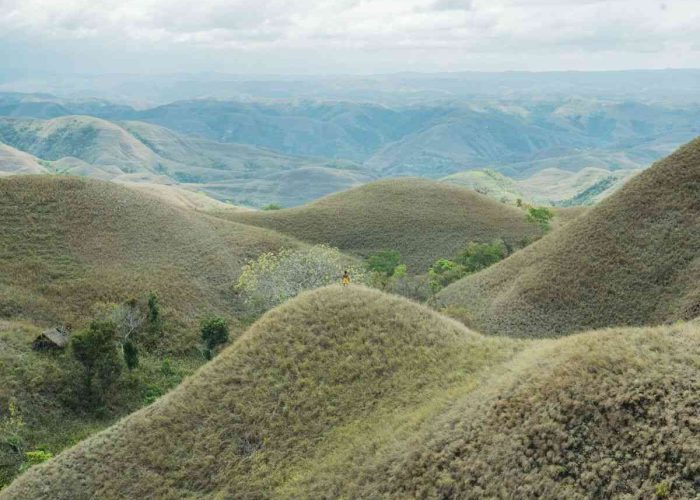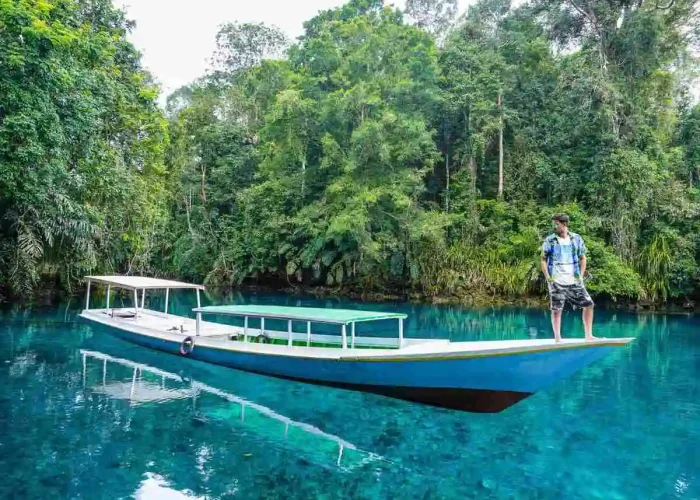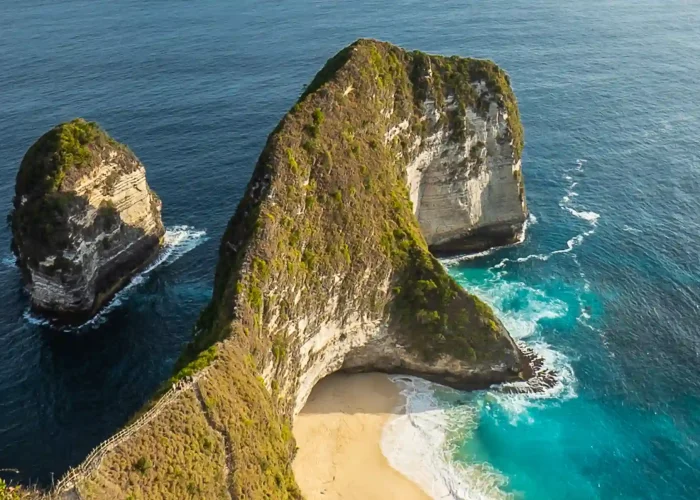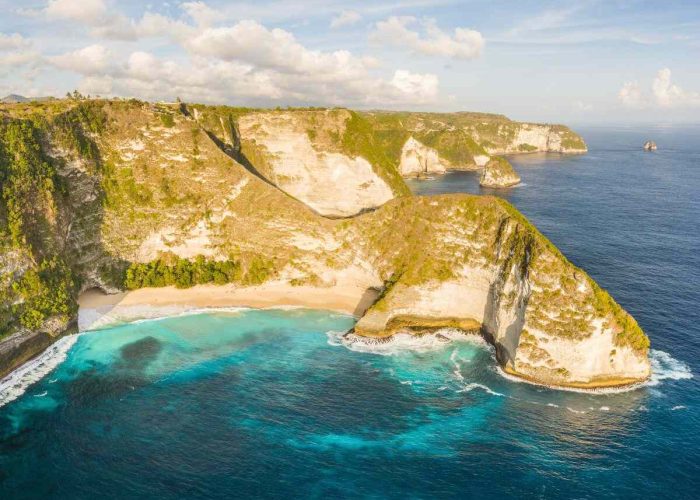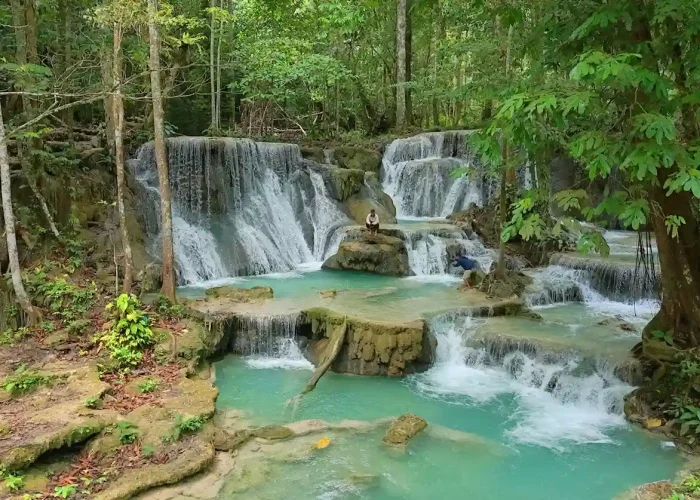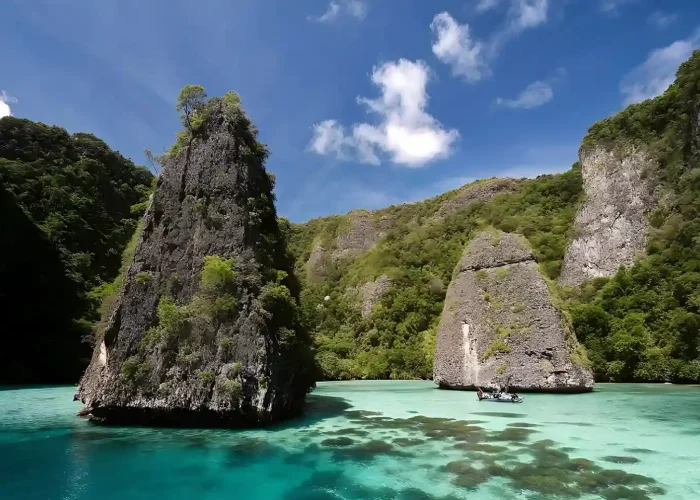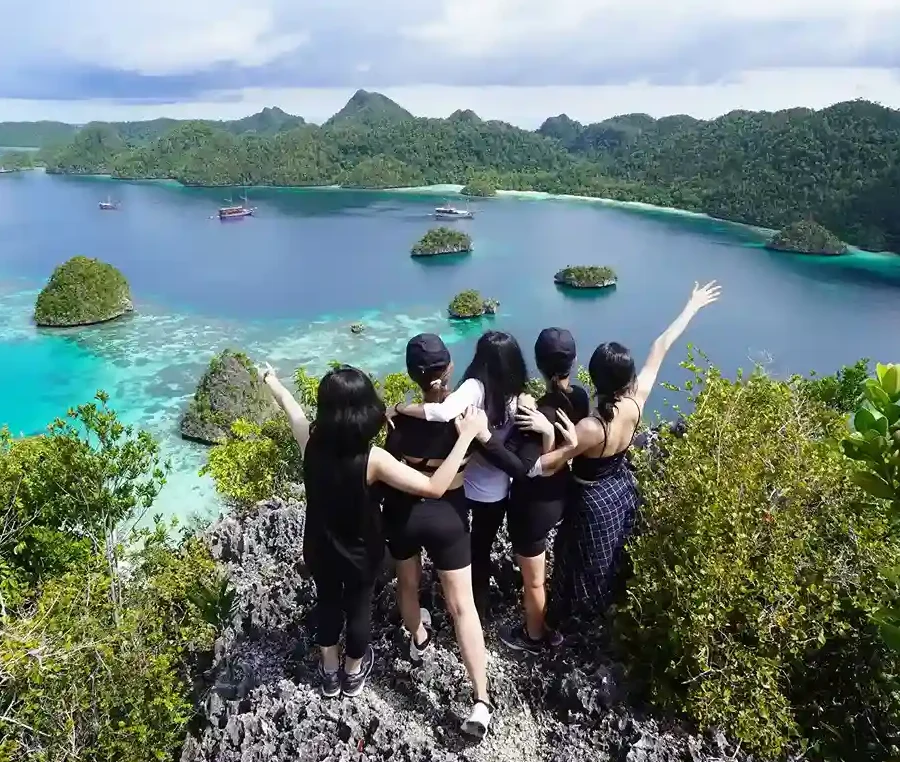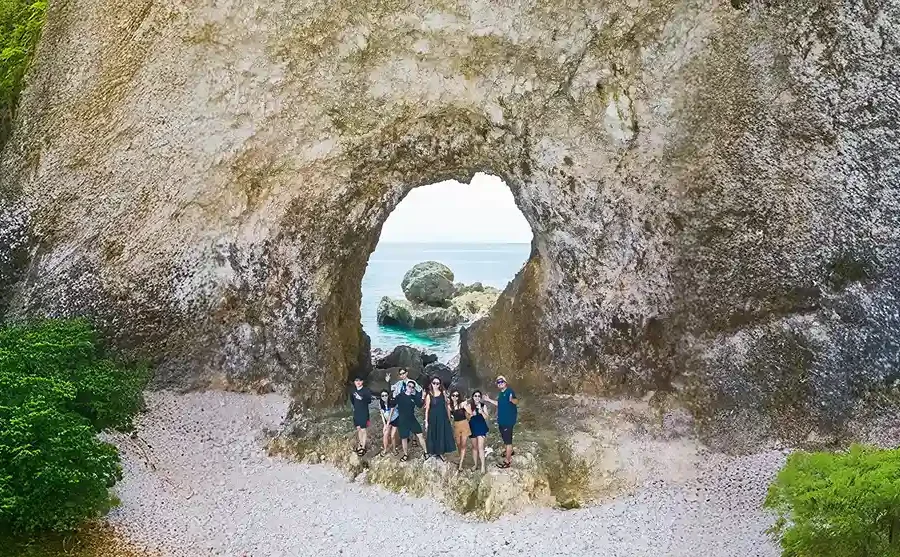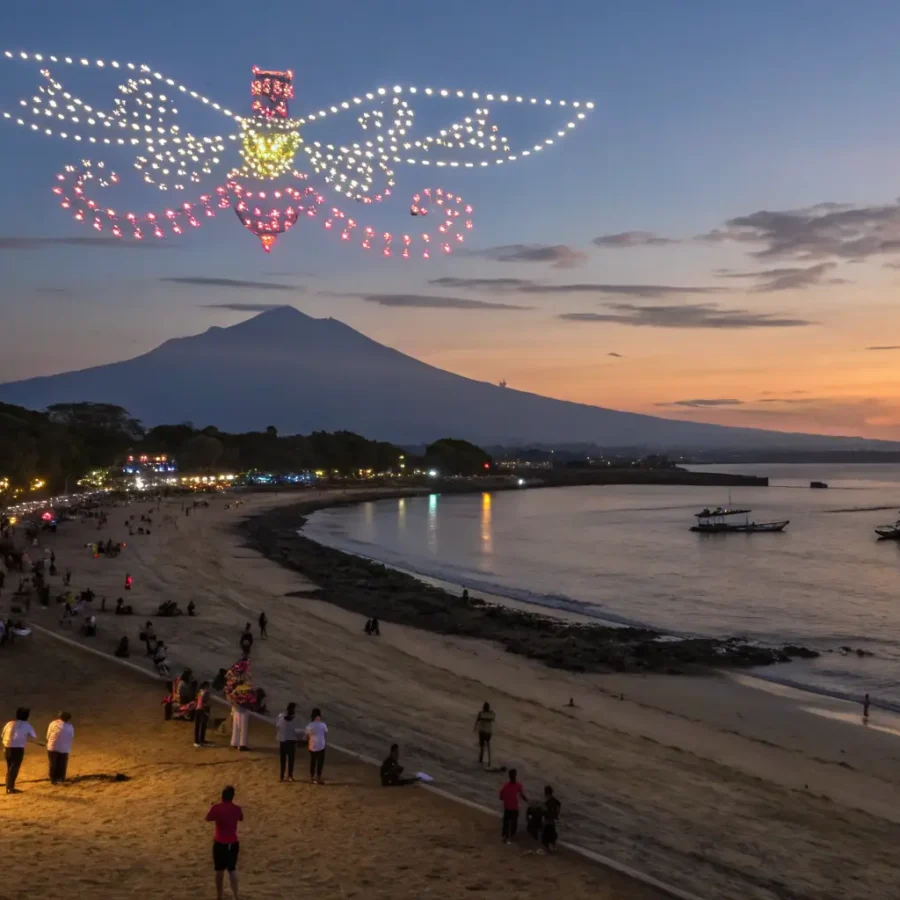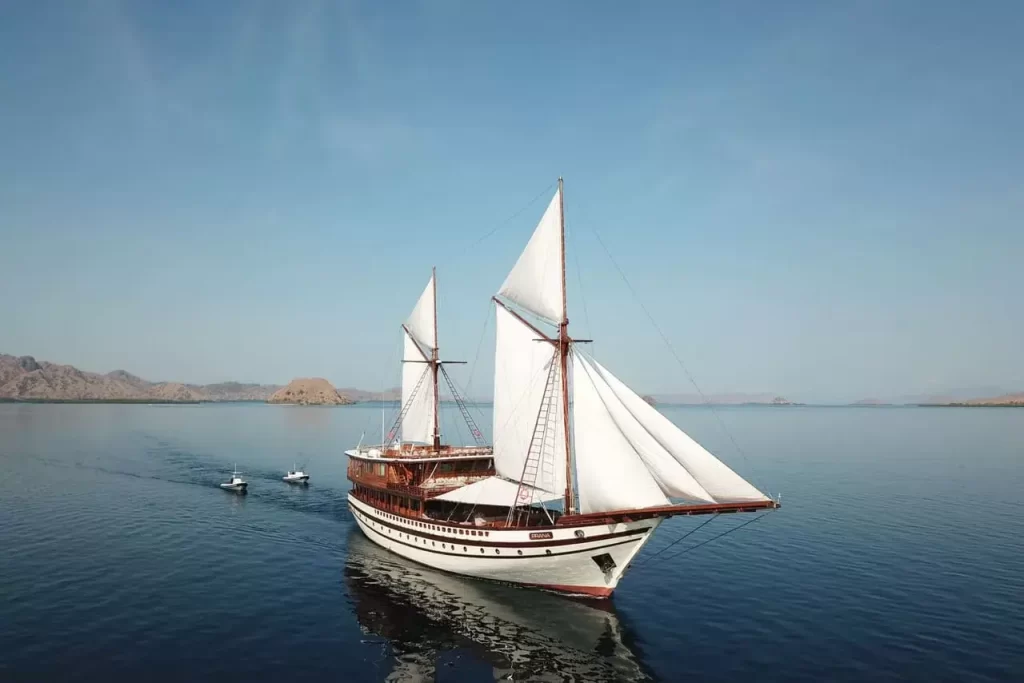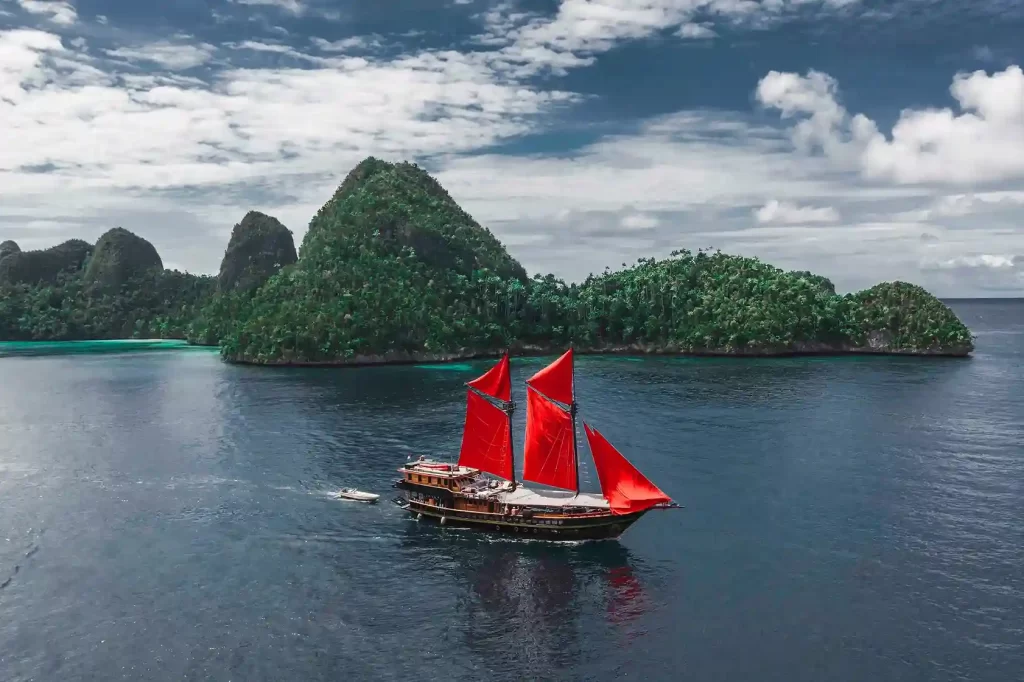Have you ever imagined a funeral that feels more like a celebration, with festive music, vibrant crowds, and guests coming from all over? In Tana Toraja, this isn’t unusual. In fact, it’s a crucial part of a tradition that has been passed down for generations.
It’s called the Rambu Solo tradition, a funeral ceremony rich in symbolism, social meaning, and spirituality. But don’t rush to imagine a somber, tearful gathering, this ritual has many surprising elements that you might never expect. Let’s dive into one of Indonesia’s grandest and most meaningful traditions. Read on until the end!
Table of Contents
What Is Rambu Solo?
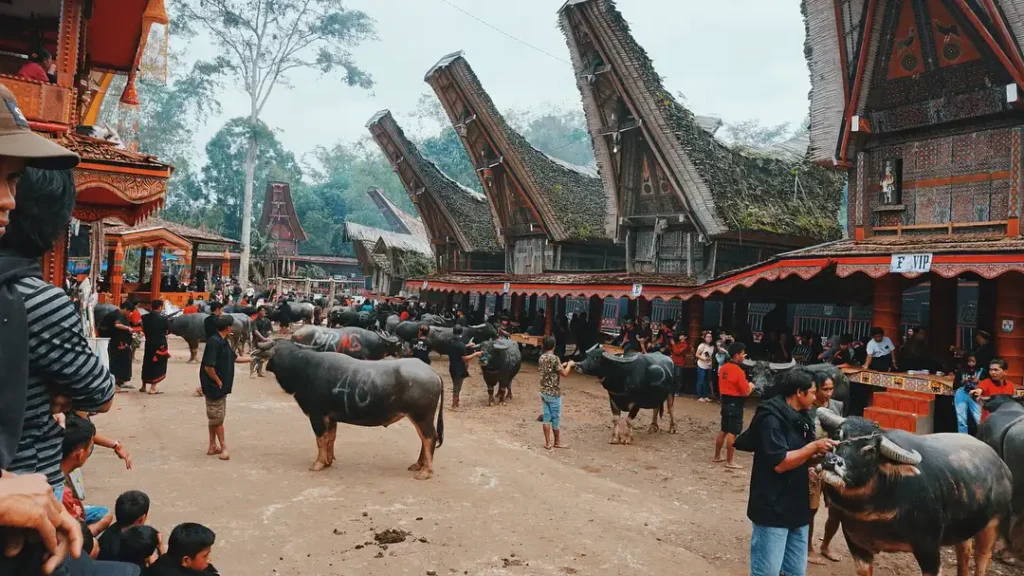
Rambu Solo is a traditional funeral ceremony of the Torajan people, carried out as a final act of honor to those who have passed away. In this tradition, death is not seen as the end of life, but rather the beginning of a journey to the afterlife, known as Puya. Because of this, the funeral must be performed with great care, respect, and preparation.
What makes Rambu Solo so unique is its grandeur. The body can be kept at home for months or even years before being buried. Families wait for the right time and gather the financial and logistical support needed to carry out the full ceremony. In Torajan society, the more elaborate the ceremony, the higher the social status of the deceased.
Origins and Philosophical Meaning of Rambu Solo
Now that you know what Rambu Solo is, it’s time to explore its spiritual roots. The ceremony comes from an ancient belief system called Aluk Todolo, or “the way of the ancestors.” In this worldview, life and death are not separate events, but part of a single continuous cycle. Death marks the beginning of the soul’s journey to Puya, the realm of the ancestors. Rambu Solo is an essential ritual to ensure that the soul reaches Puya safely.
Interestingly, in Torajan culture, a person is not considered truly dead until the Rambu Solo is performed. During the waiting period, the body is kept in the family home and treated as if still alive. They are referred to as “to makula,” or someone who is ill. Family members symbolically feed, greet, and even talk to them as an expression of love and final respect. This is not just a symbol, it’s part of a deeply held belief passed down through generations.
More than just a funeral, Rambu Solo reflects strong social values: communal cooperation, extended family solidarity, and shared responsibility. The ceremony involves the entire community, both in logistics and spirit. This is what makes Rambu Solo not only sacred but also a powerful moment of unity and cultural pride for the Torajan people.
The Procession of Rambu Solo
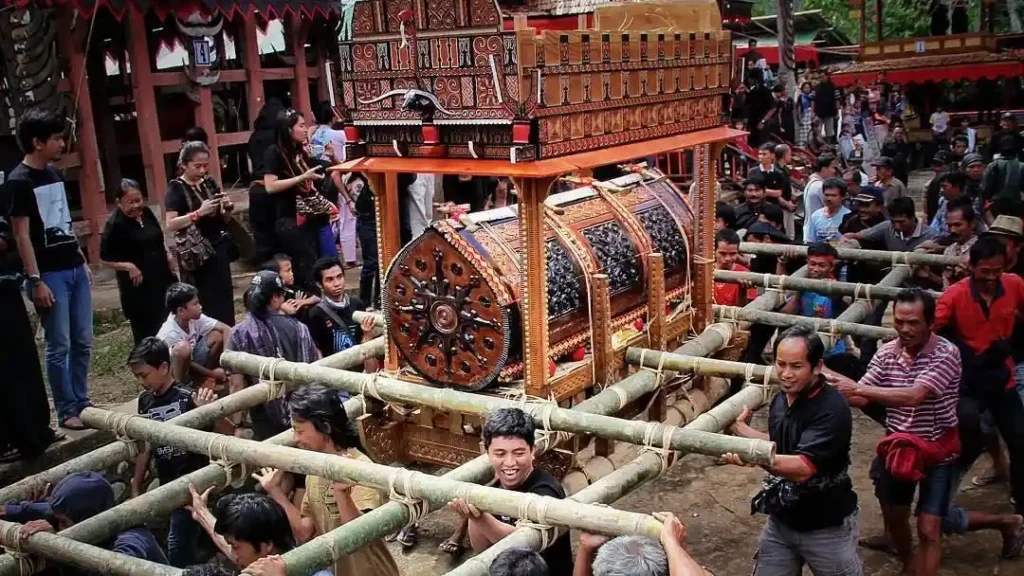
Rambu Solo consists of several sacred and lively stages that can last for days, sometimes over a week. While the order of events may vary depending on the deceased’s status, the family’s wealth, and local customs, here are the common steps:
- Ma’palao – Transporting the Body to the Ceremony Site
This initial stage involves a procession where the body is carried from the family home (usually a traditional Tongkonan house) to the ceremonial field called Rante. It’s a vibrant scene accompanied by traditional music, chants, and cheers. In some areas, this is known as Ma’pasonglo, often drawing large crowds for its sacred and festive nature. - Ma’tudan Mangka – The Official Opening Ceremony
The ceremony is formally opened by elders or senior family members, signaling the spiritual start of Rambu Solo. This stage usually includes announcements of the event schedule, types of rituals, and the number of buffaloes donated by each family group. - Welcoming and Gift-Giving by Guests (Aluk Pia Makada)
Families and guests from outside Toraja arrive with offerings, buffaloes, pigs, or food. They often deliver ceremonial speeches in honor of the deceased. These contributions are recorded in a social system of mutual reciprocity, as they will be returned when the donor’s family holds a future ceremony. - Buffalo and Pig Sacrifice
This is the heart of Rambu Solo. Buffaloes are ritually sacrificed, ranging from common breeds to the prized Tedong Bonga, the rare and sacred spotted buffalo. For nobles, the number of animals sacrificed can reach dozens or even hundreds. The process takes place publicly, accompanied by music and deep reverence. - Ma’badong Dance and Mourning Songs (Badong)
Ma’badong is performed by adult men standing in a circle, singing mournful chants that tell stories, praises, and prayers for the deceased. These songs, known as Badong, can last all night and are considered a spiritual bridge between the living and the dead. - Communal Feast (Aluk Ma’pakorong)
After the sacrifice, the meat is cooked and distributed to guests and villagers. This act of sharing is not only symbolic of unity but also a sign of gratitude. It embodies the spirit of togetherness at the heart of Rambu Solo. - Making and Placing Tau-Tau (Optional)
If the deceased comes from a noble or highly respected family, a Tau-Tau, a wooden effigy resembling the deceased, is crafted. This figure is then placed on cliffside tombs or caves, symbolizing the ongoing presence and guardianship of the spirit. - Funeral Procession (Aluk Ma’burake)
This is the final part of Rambu Solo. The body is laid to rest in a pre-prepared site, such as stone graves, high cliffs, or family burial grounds. The burial is conducted with sacred rites and prayers, marking the end of the soul’s journey to Puya.
Read more: 7 Toraja Tourist Attractions: A Must-Visit Blend of Culture and Nature
Why You Should Witness Rambu Solo
If you’re drawn to authentic, meaningful cultural experiences in Indonesia, Rambu Solo is something you shouldn’t miss. It’s not only unique but also offers a profound perspective on life, death, and community.
- A Rare Tradition You Won’t See Often
Rambu Solo doesn’t happen weekly or monthly. It’s held only when the family is fully ready, sometimes after years of preparation. - Rich Cultural and Spiritual Meaning
Every stage carries symbolism, from honoring ancestors to guiding souls to the afterlife. It reflects a deep, philosophical view of life and death. - A Grand Yet Emotional Ceremony
From body processions to buffalo sacrifices and sorrowful chants, the scale is massive yet emotionally moving. It’s a heartfelt celebration of life. - Real Interaction with Local Communities
Rambu Solo invites you to experience Torajan hospitality firsthand. You’ll witness local customs up close and feel genuinely welcomed. - Cultural Landscapes That Amaze
The ceremonies take place among Tongkonan houses, green rice fields, and carved burial cliffs. The setting itself tells a story. - An Unforgettable Cultural Encounter
Rambu Solo stays with you long after it ends, not just for its grandeur but for the values you absorb from it. It’s a rare cultural gift.
Tips for Witnessing Rambu Solo Respectfully
Rambu Solo is an extraordinary experience, but because it’s sacred, you need to approach it with awareness and respect. Here are some tips to help you prepare:
- Choose the Right Time to Visit
Since it doesn’t happen all the time, plan ahead and find out when ceremonies are scheduled. They usually take place between June and September during the dry season. - Dress Respectfully
Avoid flashy or revealing clothing. Even if you’re traveling, opt for attire that shows cultural sensitivity. - Avoid Interrupting the Ceremony
Stay clear of key ritual areas, especially during sacred moments like animal sacrifices or the Ma’badong dance. Observe quietly and avoid blocking participants or taking excessive photos. - Bring Some Cash if You Wish to Contribute
Guests may offer donations to the family. This isn’t mandatory but is a gesture of respect and participation. - Follow the Locals’ Lead
Torajan people are welcoming, but it’s best to follow their instructions. Don’t hesitate to ask politely if unsure about something. - Respect the Ceremony Beyond Just Content
Don’t treat the event as a photo opportunity alone. Remember, this is a mourning period for a family, so approach it with empathy.
Read more: 10 Top Cultural Destinations in Indonesia
Discover Indonesia’s Cultural Treasures with IndonesiaJuara Trip
Rambu Solo isn’t just about death, it’s about life celebrated in its fullest form. Behind its detailed rituals and symbols are deep lessons in respect, unity, and spirituality. When you witness it in person, you don’t just observe a tradition, you feel it come alive.If you want to explore more of Indonesia’s rich and diverse traditions, there are plenty of ways to begin. Start your journey with unforgettable cultural and natural experiences through IndonesiaJuara Trip. From Labuan Bajo Tour, Sumba Tour, Raja Ampat Tour, Misool Tour, Luwuk Banggai Tour, Derawan Tour, to Nusa Penida Tour, each destination offers a closer look at Indonesia’s unmatched beauty and heritage. Ready to discover and experience Indonesia’s living cultures up close? Start planning your next adventure with IndonesiaJuara Trip today.
